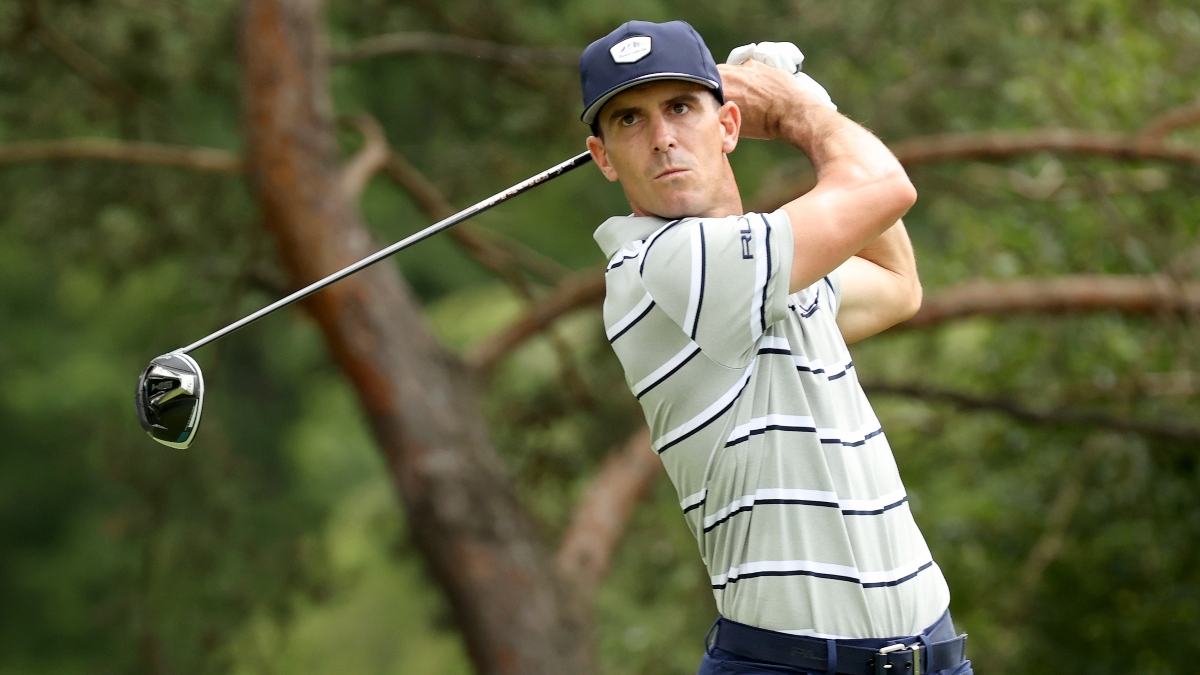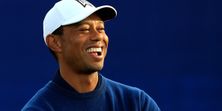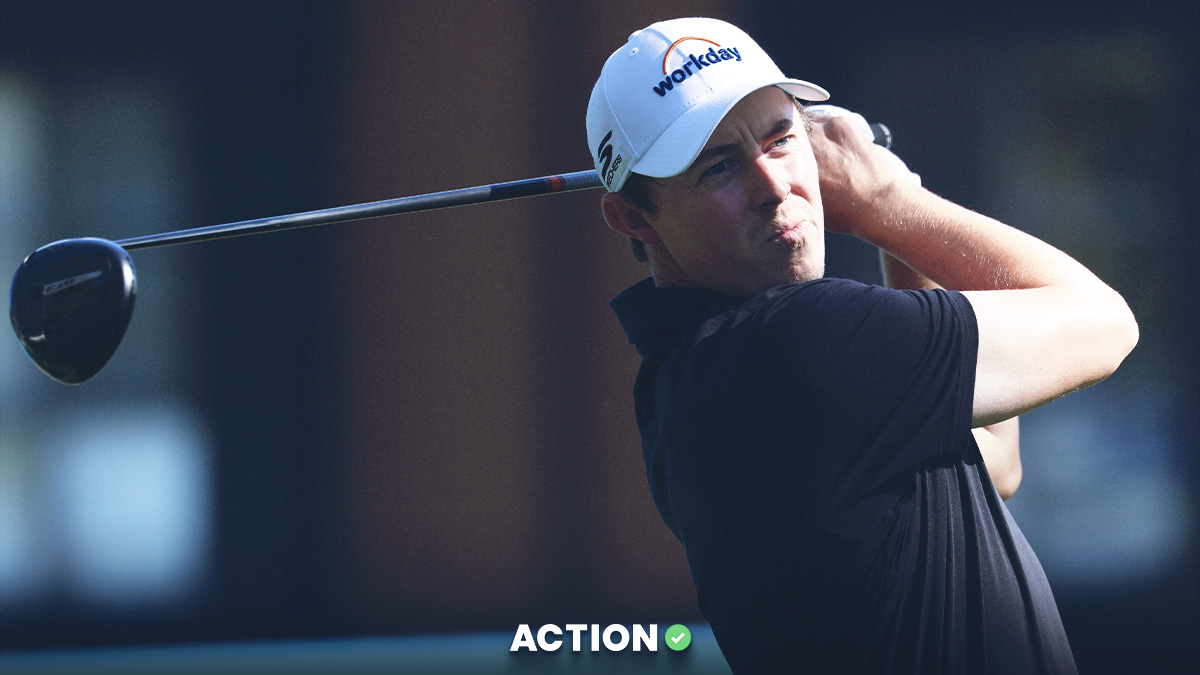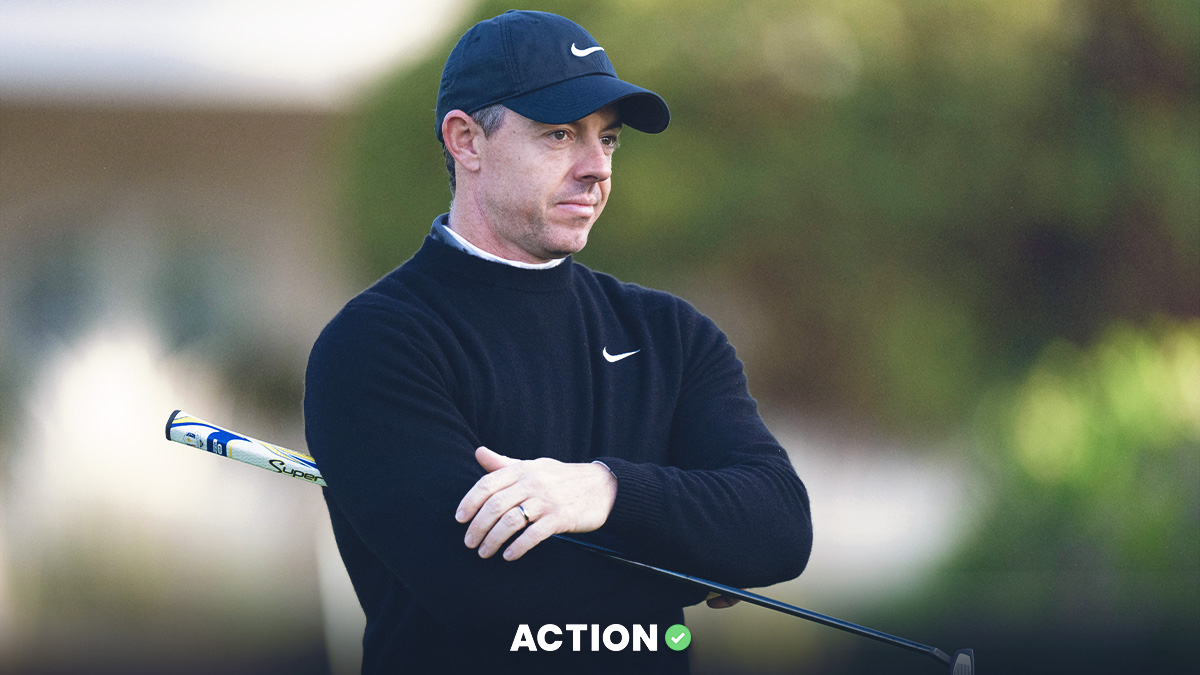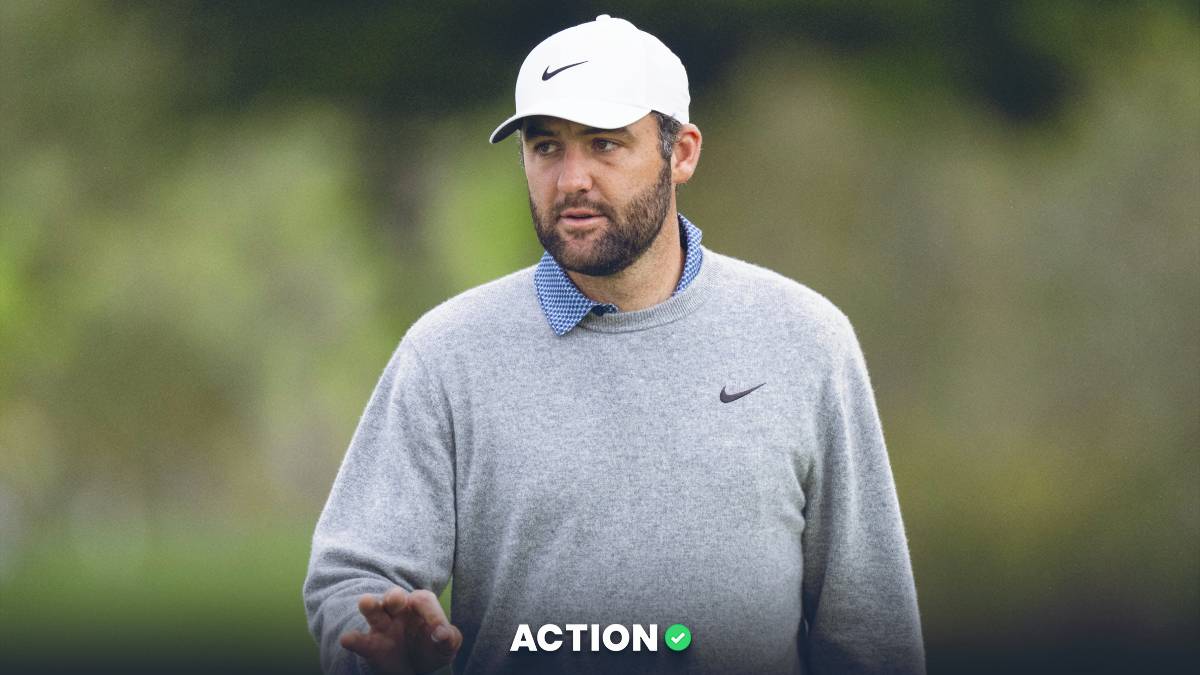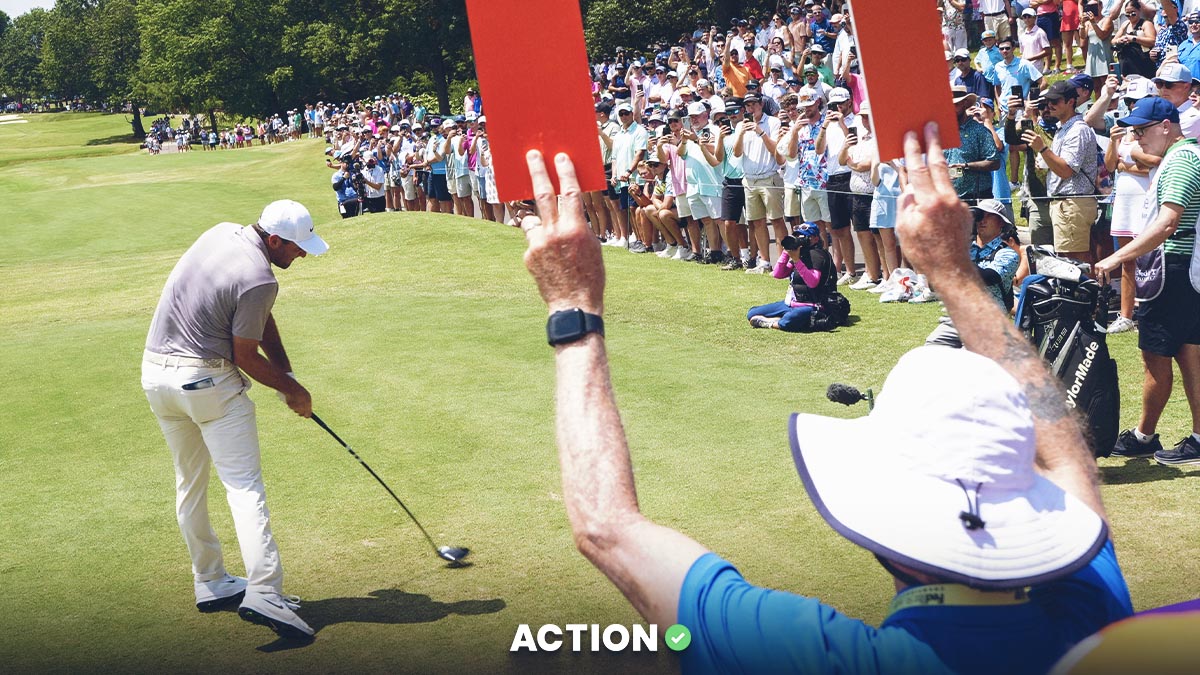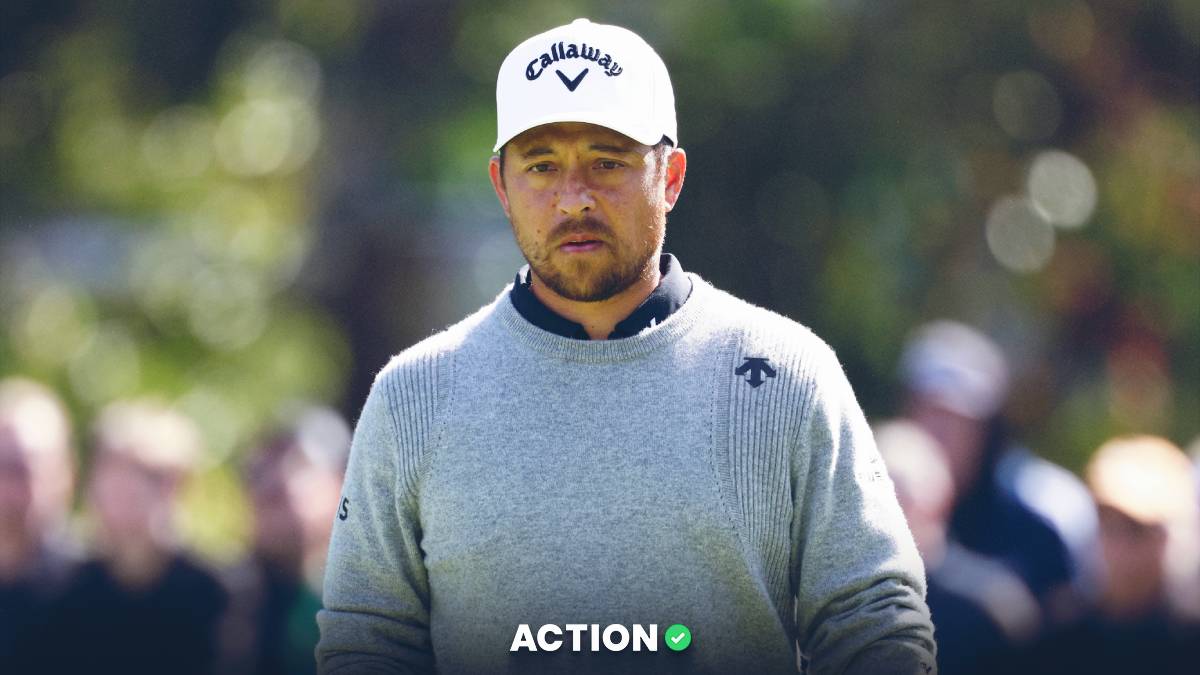- Bryan Mears compares betting odds and daily fantasy prices to find the best values for the 2020 Memorial Tournament.
Way back in 2016, I wrote about an idea called Vegas Bargain Ratings, which sounds more complicated than it actually is.
The basic premise: DraftKings salaries are highly correlated with odds to win a golf tournament, but it's not a perfect fit. By highlighting the golfers for whom it's not correct — and this assumes that the liquid betting market is more efficient than static DFS salaries, which isn't a hot take — we can identify mispriced golfers, or ones who the betting market thinks are undervalued.
We can do this exercise with a variety of metrics, including our catch-call metric, Long-Term Adjusted Round Score, which is the average strokes on a course with adjustments made to account for the difficulty of the course and the strength of the field.
So I can also compare Long-Term Adjusted Round Score to odds to win in order to identify the golfers who are underpriced in the betting market relative to their long-term play.
That shouldn't be the end of the betting story — course fit and history are also important, as is recent play when there's not a layoff like we've had — but it is a valuable data point in researching for this week.
Let's start with the DFS side of things; betting will be in the section below.
Best & Worst DFS Values According to Betting Odds
The usual spiel: If we assume that the betting market — because it's moving and liquid — is efficient, then we can use that data to spot DFS inefficiencies. And the story always suggests that the highest-priced golfers are the best "values," even if that seems like a weird word to use considering these guys are costing $10,000 or more on DraftKings.
But think about it this way: The difference between, say, Justin Thomas and Jason Day is much larger in the betting market than it is with DraftKings salaries, simply because the latter uses a salary cap. If they wanted to price golfers solely by their win equity according to that market, they'd either have to really expand the salaries, either by lowering the lowest golfers below $6,000 and spreading it out more or to raise the highest's salaries.
Thus, according to our regression this week, both JT and Bryson DeChambeau, given average win equity of 9.1%, should be priced right around $12,600. That would make it really hard to roster them, however, so DraftKings actually has them at $10,900 and $11,100, respectively.
As you can see in this exercise, you're actually getting the most value in terms of combined win equity by using a stars-and-scrubs lineup approach, even if the bottom guys are highly unlikely to win. Those top guys are just so respected in the betting market, and DraftKings can't keep up, in a sense.
Of course, that's not the end of the story for DFS. It is necessary to roster the winning golfer — and JT and Bryson, according to a liquid market, are the most likely guys to do so — but it's also pretty necessary in terms of expected value to own a unique lineup.
The best weeks are when you can take a stars-and-scrubs approach while also being somewhat contrarian, or if you can round out chalky guys up top with some swings down low. It could be the week to do that: How often are you able to roster like JT and Rory McIlroy or Jon Rahm together?
Best & Worst Betting Values According to Adjusted Round Score
Again, we can do the same exercise with Long-Term Adjusted Round Score to try to spot some inefficiencies in the betting market. Usually it highlights the mid-to-low tier golfers who have played really well in the long-term but have depreciated in price simply because of the strength of the field.
Billy Horschel is the ultimate example of that this week: His 69.2 LT Adj Rd Score is right in line with marks of golfers like Paul Casey, Matt Kuchar and Matthew Fitzpatrick, but Horschel is priced way below those guys.
What's even better: The dude has really excellent high-level history here at Muirfield — he finished seventh last week, ninth last year, and has two other top-15s in his last four trips. He's playing very solid golf right now, fits the course well and is at 6/1 on DraftKings to bank another top-20.
Other guys who stand out in this exercise are some high-floor, low-ceiling players admittedly like Jim Furyk and Charles Howell, but there are also worthy values like Matthew Fitzpatrick, Kuchar, Rahm, Webb Simpson, Adam Hadwin and Sung-jae Im — all of whom really fit this course well.
There's definitely some value to be had this week, and hopefully this piece can help you spot it. Good luck!


